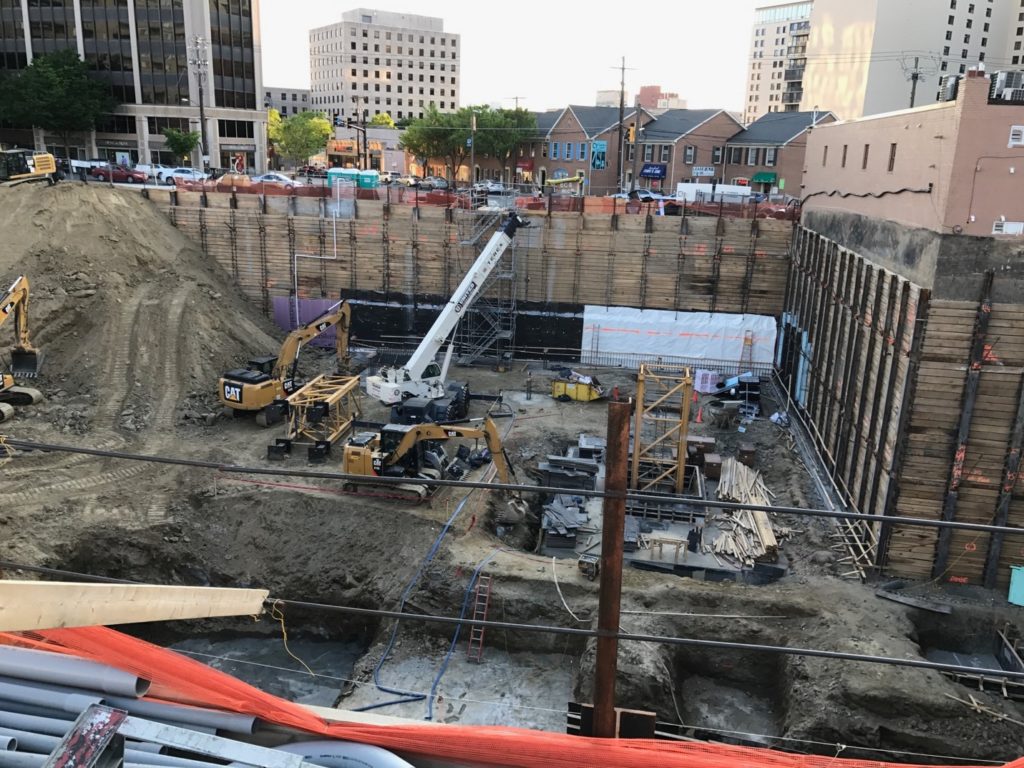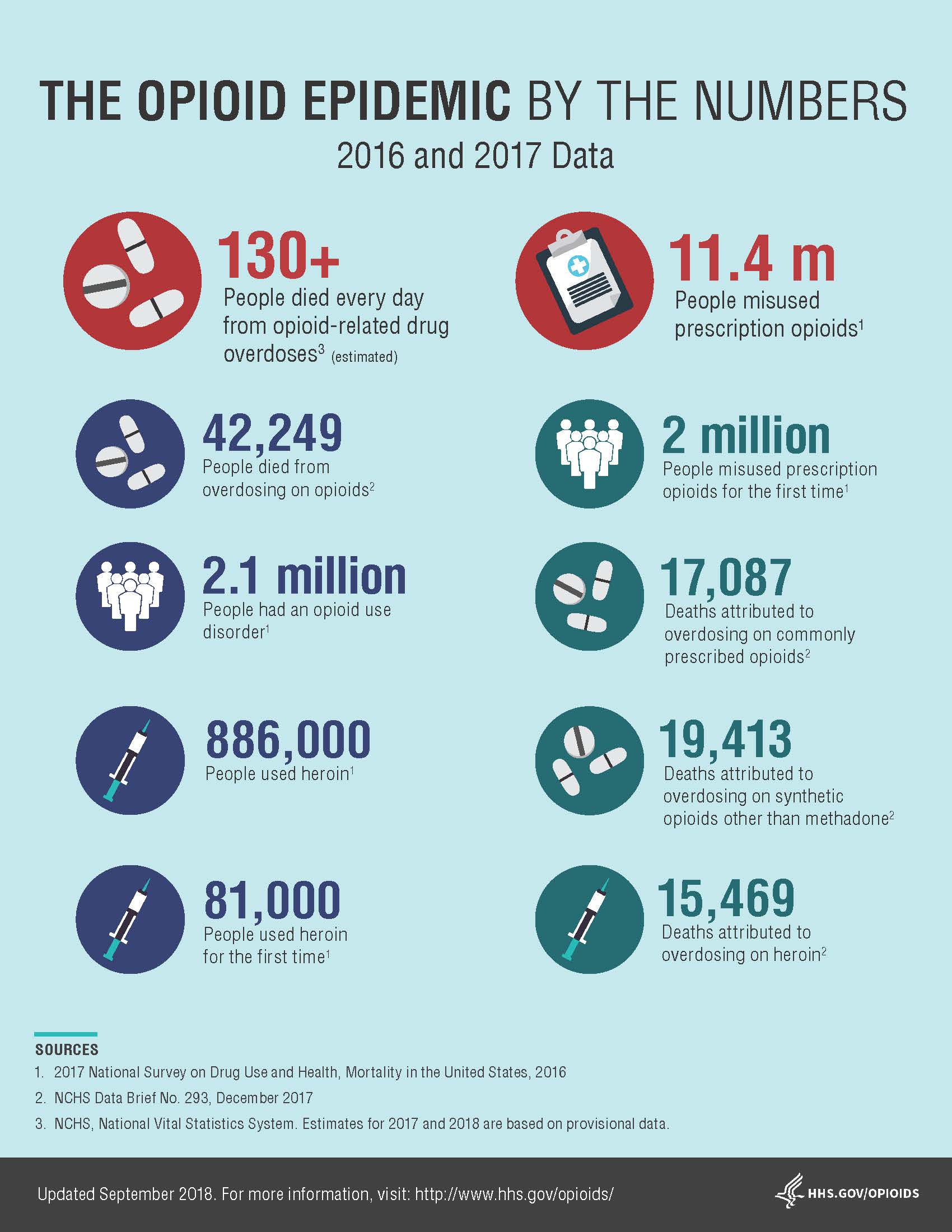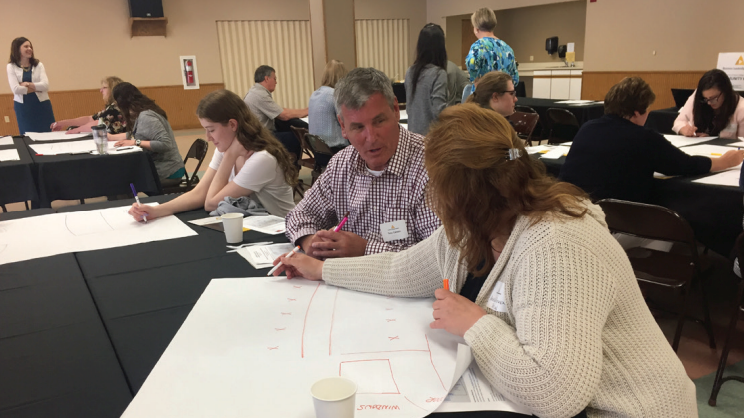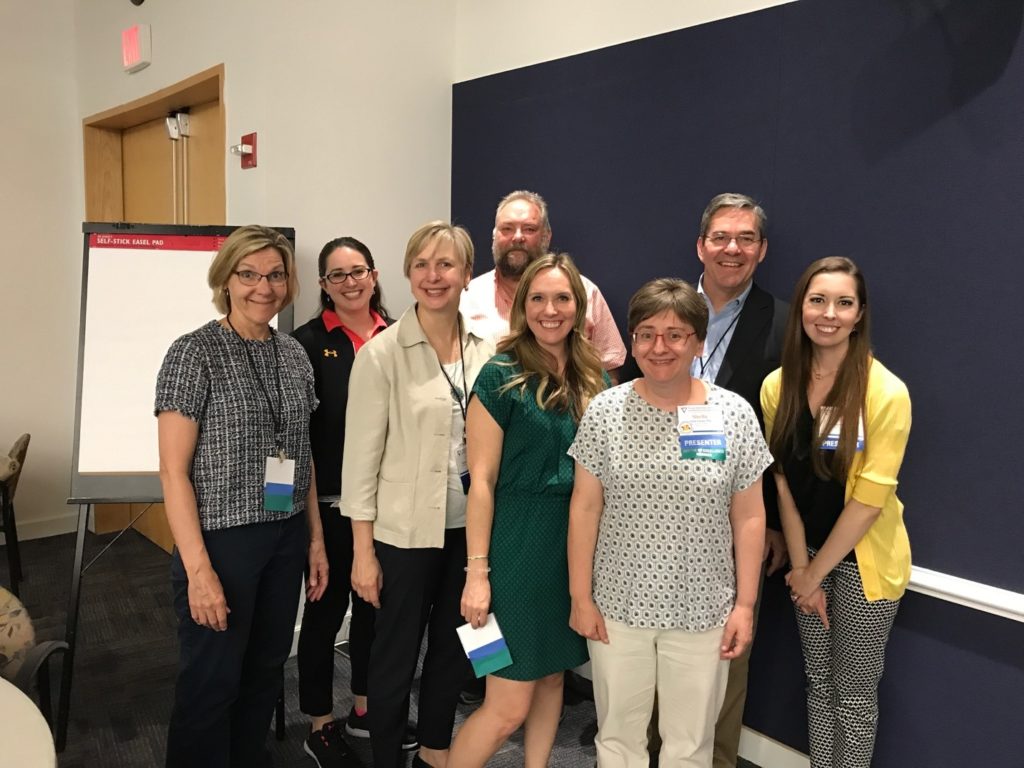
Construction is clearly dangerous. In addition to traditional hazards for workplace injury and illness, other threats to health and well-being of construction workers occur from work organization and work environment factors,including irregular employment, working at multiple job sites, long commutes,long work hours, and employer policies regarding health and safety. These non-traditional hazards are associated with […]

The Healthier Workforce Center of the Midwest has had funding to examine the health and safety of construction apprentices. A survey was conducted with union apprentices in 2018 and findings demonstrated high musculoskeletal symptoms and use of prescription pain medications. Opioids are commonly prescribed for treatment of musculoskeletal injuries and some data show these prescriptions […]

Hazard mapping is commonly used to identify workplace safety hazards. It begins with an exercise that asks participants to draw their workplace and identify safety hazards. Diane Rohlman, PhD, Director of the Healthier Workforce Center of the Midwest, traveled with the University of Iowa College of Public Health’s Business Leadership Network to Oelwein, IA as […]

Early detection and treatment of breast cancer has led many women to be able to return to work, particularly those with early-stage cancer.While medical advances have been great, disparities for African American women remain. A pilot project funded by the Healthier Workforce Center of the Midwestto Christine Ekenga, PhD, a faculty member at Washington University […]

Members of the Healthier Workforce Center (HWC) from three Midwest states packed their bags in May 2018 and traveled to Bethesda, MD for the 2nd International Symposium to Advance Total Worker Health (TWH). This diverse team includes practitioners, researchers with a wide range of academic training,including safety and health, ergonomics, engineering, occupational medicine,anthropology, occupational therapy, communication, […]